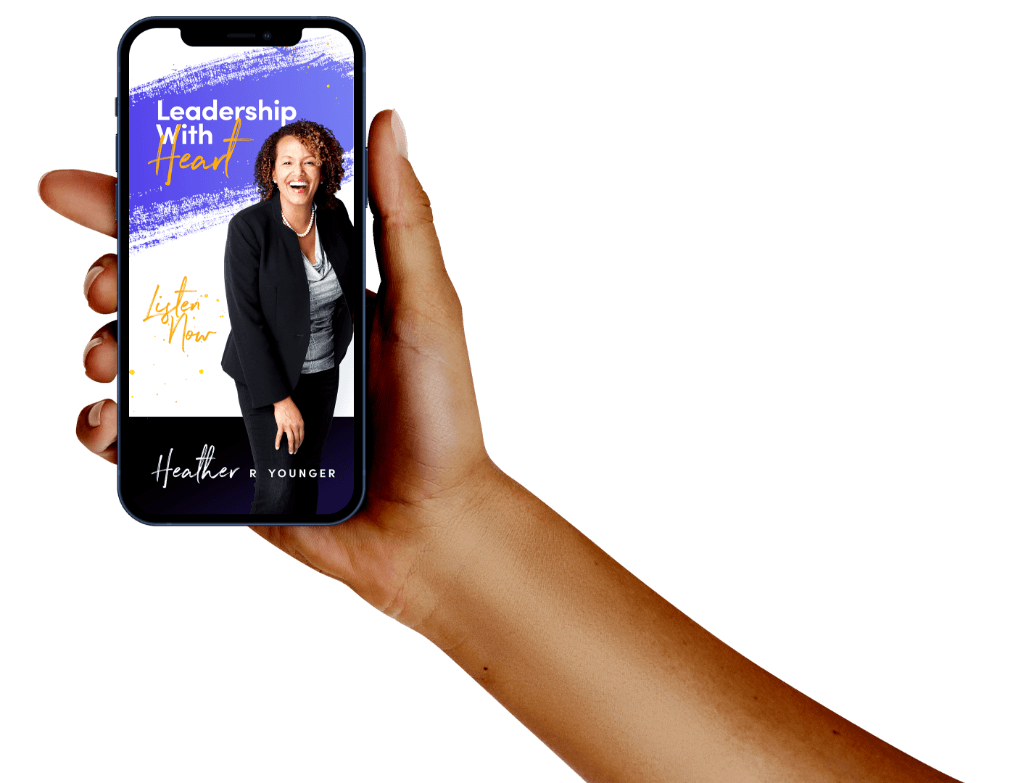A reader of my book wrote to me and said, “If there is one area where I’d love to have seen a bit more focus (maybe for the next book!) it would be on transitions." They said they have managed teams over the years that would typically range between 20-35 employees. Stating that with a team of that size, it was challenging but doable to maintain personal connections with each team member, including regular 1:1s. But their current team is approaching 100 people and is now spread throughout the country. Effectively scaling your leadership alongside the growth of your team will certainly require changing your leadership approach and adapting a style that may make you a little uncomfortable at first…
Direct to Indirect Leadership
Another piece of their message that stuck with me was, "It’s impossible to create the same level of connection with each individual. I’m very concerned that my historic approach/style will not yield the same results without those individual connections. I’d love to hear more about caring leadership best practices/challenges when migrating from a team size that allows that 1:1 connection to one that requires a more creative approach.”
A great point. If your team is five people, you can develop a personal relationship with each individual where you understand the details of their work, what they are good at, and maybe even the hobbies they enjoy outside the office. But if your team is 100 people, you can’t manage them all directly, at least not to the same degree. For example, if you did weekly 30-minute one-on-ones with everyone, that alone would take 50 hours - over an entire work week! Add in time to follow up on any action items, and you’d barely be able to do anything else. Which will leave you burnt out feeling like there aren’t enough hours in the day, or week, to support everyone.
Taking the Backseat
This is why managers of growing teams eventually start to hire or develop managers who report to them. This might mean you’re further removed from the people and the work on the ground. Nonetheless, You are still responsible for your team’s outcomes, but you can’t be in all the details. Decisions will be made without your input and things will be done differently than how you might personally do them. At first, this can feel disorienting, like you’re losing control. But empowering your people is a necessity. One of the biggest challenges of managing at scale is finding the right balance between going deep on a topic and stepping back and trusting others to take care of it. As a team grows, learning to give this trust is essential.
I once told you a story where my family and I were on our way to church. Instead of sitting in the passenger seat, I took the back seat and let my son sit up front due to a leg injury. As we drove, I realized how clearly I could experience the environment in the back seat. I felt relaxed and fully relinquished control to my husband, who was driving. I didn’t feel the need to be a “back seat driver” or tell him which way to go. Instead, I just let him handle it.
That’s how it feels to be in the back seat of caring leadership and relinquish that control to others on your team who you’ve built that trust with to help you manage and take care of all of your people. Those in the driver’s seat can’t feel empowered if their leaders are always jumping in to micromanage. The idea of ‘taking the back seat’ releases the need to oversee everything and be comfortable with other people having that control and making decisions. It can be freeing for the leader. There is indeed such a thing as being a good backseat driver!
You CAN Do This
As teams grow, leaders spend less time on the specific craft of their discipline. What matters more is that you can get the best out of each member of your team. No leader is an expert across all divisions of their company such as human resources, sales, or marketing. And yet, you are tasked with building and leading an organization that does all of those things.
Remember, you still have direct reports. You can demonstrate that care to them
and through them. That care will cascade down to the larger team indirectly. What you say “yes” to
and “no” to also has an impact. You have more influence over how the entire team feels based on who you promote and who you develop.
With larger teams, your success becomes more about mastering a few key skills: hiring exceptional leaders, building self-reliant teams, establishing a clear vision, and communicating well. People who master these skills will be well-equipped to lead teams of any size.
You got this. Scaling caring leadership isn’t as hard as you think.






